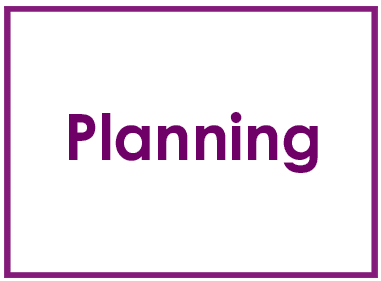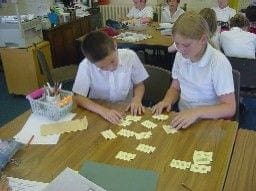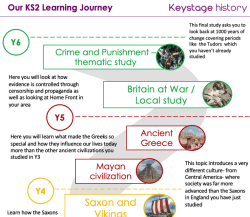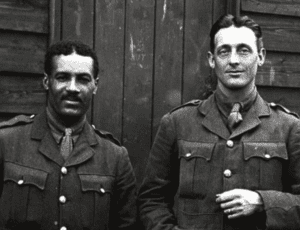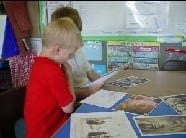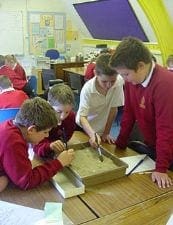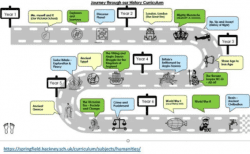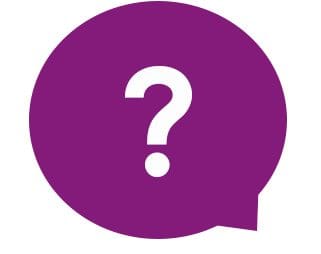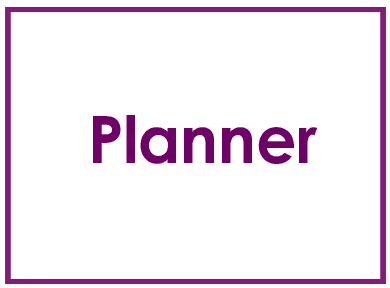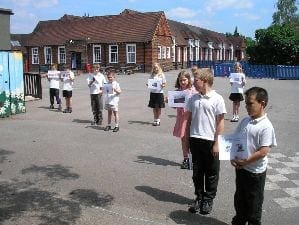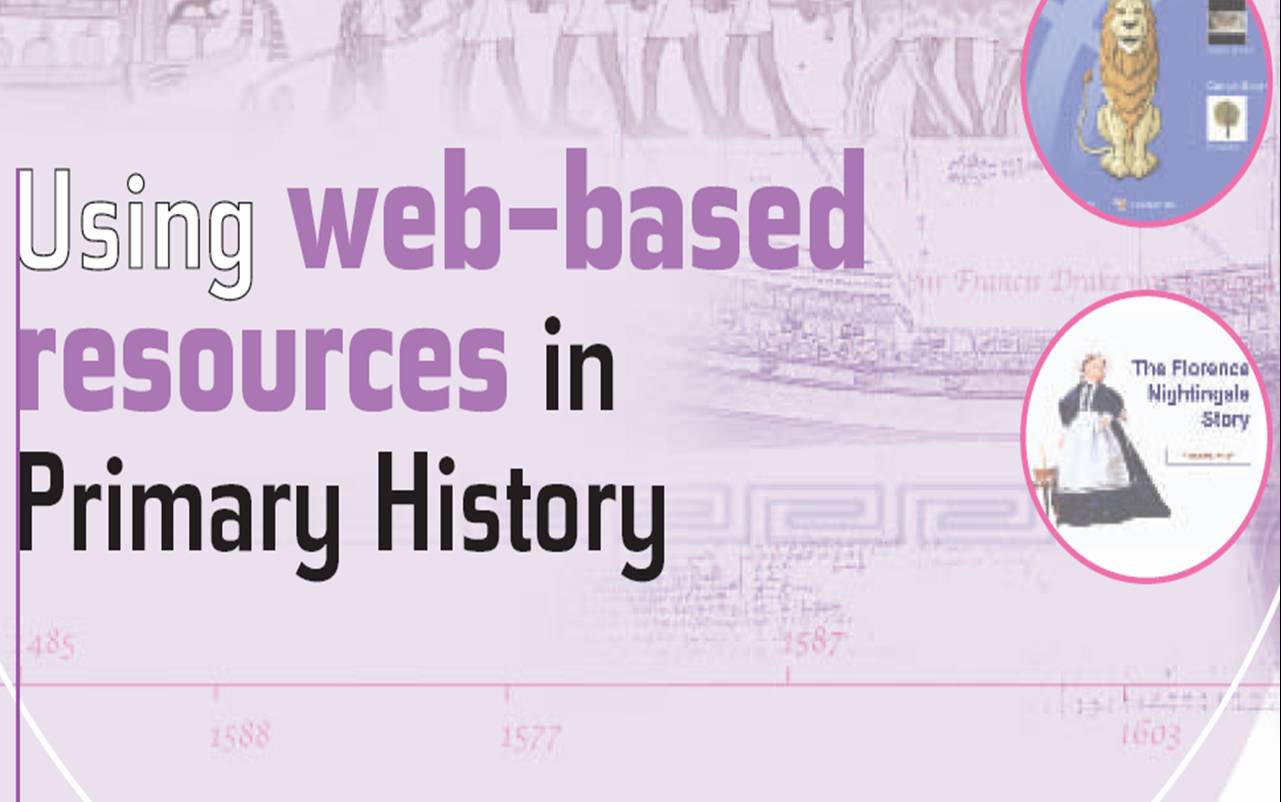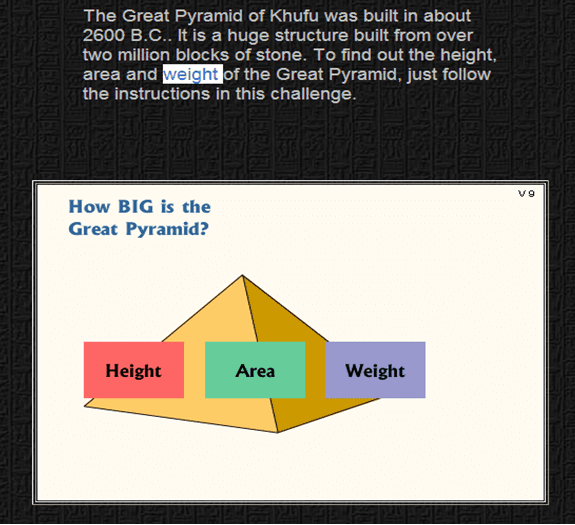Curriculum Planning at key stage 2
Sequencing your KS2 history topics: are you doing it right?
Is there a right order for sequencing KS2 topics? Let’s start with a reality check. No research exists to show…
Read MoreHistory as problem solving
Pupils solve problems when they study mathematics. They solve problems in science lessons. So why not in history? Perhaps it’s…
Read MoreGolden threads or Gordian knot? How to weave first order historical concepts into the fabric of your history curriculum
Talking about ‘first-order’ historical concepts, by which I mean ideas such as empire and invasion, civilization, power and authority has…
Read MoreBuilding vocabulary to help pupils’ historical understanding. My 100 top KS2 words
Word lists are all very well but do we carefully plan when words are acquired and then applied in a…
Read MoreKS2 – Sharing the history learning journey with your pupils
An important part of planning your KS2 curriculum is being able to share the rationale with pupils and parents. So…
Read More8 ways of improving the BAME dimension of your primary history curriculum
Bound as we all are,and not just as teachers, by the Equality Act, (not to mention our public sector duty),…
Read MoreScales of planning in primary history
Making sure you don’t leave out key things and don’t waste your time duplicating Planning can seem a real chore,…
Read More7 searching questions for you to ask about your KS2 history curriculum
Every now and then it is worth just ensuring that your KS2 history curriculum is as robust as it should…
Read MorePlotting your pupils journey in history learning across the school
Just came across this visual depiction of the history curriculum at Springfield School in Hackney and thought I’d bring it…
Read MoreWhat is history? – Key stage 2
In the classrooms of some non-specialist Key Stage 2 teachers, history is still presented as the story of the past….
Read MoreThe top 10 things you need to know about chronology at KS2, but were afraid to ask.
The top 10 things you need to know about chronology at KS2, but were afraid to ask. 1. There is…
Read More10 things history leaders need to know about the new OFSTED 2019 Framework
10 things you need to know about leading history 1. Show you are teaching history You will have to show…
Read MoreMedium term planning for history at KS2
KS2 History Planning and Plans All compulsory National Curriculum topics now have full medium-term plans rated as outstanding by OFSTED. …
Read MoreLong-term planning at Key Stage 2
The advent of the new curriculum for history marked the most significant change in your school’s history planning for over…
Read MoreShort-term planning in history at KS2
As a rule, this site does not recommend the publication of short-term planning, preferring instead to focus on very detailed…
Read MoreHistory and literacy at Key Stage 2
Although OFSTED still points out that opportunities for exploiting the link between history and literacy are still being overlooked, the…
Read MoreThinking words in primary history: my top 10
Those of you who have used a lot of the lessons on the site will know only too well that…
Read MoreCreativity in History at Key Stages 1 and 2
This best place to start with developing your thinking on creativity in history is to think in terms of: –…
Read MoreWhat do we mean by thinking skills in history at Key Stage 2?
Whenever a new initiative is introduced the natural reaction is to assume that what we have been doing up to…
Read MoreICT in the history curriculum at Key Stage 2
When planning to use ICT in the history curriculum it is of paramount importance that the history is enhanced by…
Read MoreNumeracy and history at Key Stage 2
History is full of opportunities to enhance pupils’ grasp of numeracy. We don’t have to contrive examples. We do, however,…
Read MoreOpportunities for Citizenship Education in Key Stage 2 History
This section covers two main aspects: the ways of thinking that support citizenship education and the knowledge of past situations…
Read MoreDesigning your curriculum for history at Key Stage 2
With the current National Curriculum for history, schools have had to make some major changes to the structure as well…
Read MoreRationale for how you teach your KS2 curriculum history
When planning your history, it is really important that you spend some time establishing a strong rationale for your choice…
Read More
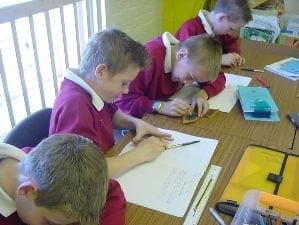 If the history curriculum is not well planned then four relatively wasted years (the longest key stage) will be hard to recover. For you as subject leader, the main challenge is to ensure that pupils are taught in such a way that the important skills and conceptual understandings are progressively developed within a set of motivating contexts.
If the history curriculum is not well planned then four relatively wasted years (the longest key stage) will be hard to recover. For you as subject leader, the main challenge is to ensure that pupils are taught in such a way that the important skills and conceptual understandings are progressively developed within a set of motivating contexts.